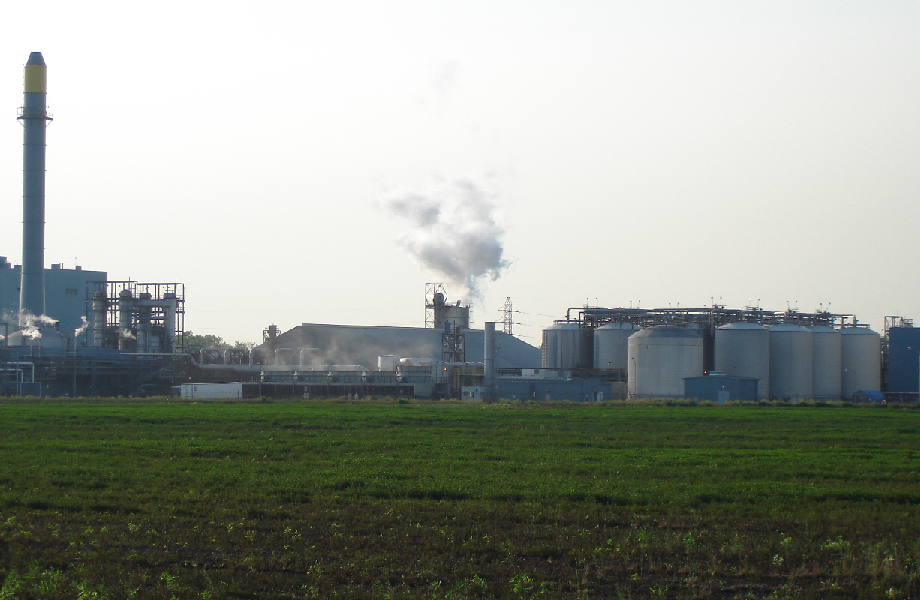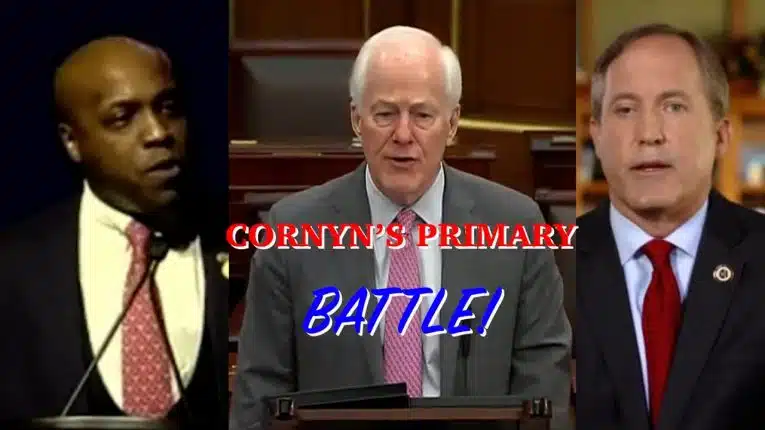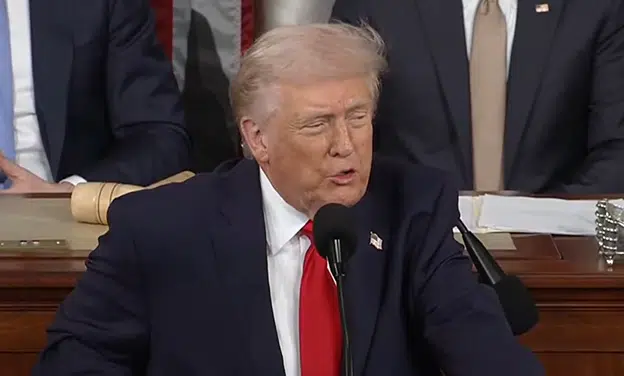By Printus LeBlanc
This week the corn lobby celebrated thirteen years since the establishment of the Renewable Fuel Standard (RFS). Thirteen years of the government mandating the public buy an inferior product from well-connected lobbyists in Washington, D.C., and we wonder where they got the idea for the Obamacare individual mandate. There is good news on the horizon though. There is now evidence the RFS isn’t even as good for the environment as originally thought.
The RFS had two goals upon implementation in 2005. The first was to reduce the amount of petroleum the U.S. imports, specifically from the Middle East. This reason as already been refuted. Fracking reduced the amount of foreign imported oil, not ethanol.
The second reason was environmental. It was believed the RFS was more environmentally friendly because it is renewable. The mountains of evidence proving otherwise have been ignored, now a recently released report from the Environmental Protection Agency (EPA) will finally prove the RFS does more harm to the environment than good.
When the RFS was instituted, it was only a matter of time before the law of unintended consequences reared its head. With the government mandating biofuels, it is no surprise more corn and soybeans would be grown. The extra fertilizers and run off lead to algae blooms. The blooms deplete oxygen in the water killing marine life. The report stated, “modeling studies since the 2011 Report suggest that demand for biofuel feedstocks, particularly corn grain, may contribute to harmful algal blooms, as recently observed in western Lake Erie, and to hypoxia, as observed in the northern Gulf of Mexico.”
Causing more fertilizer to be spread which leads to algae blooms killing marine life does not sound environmentally sound.
Not only does the RFS do more harm than good to the soil and water, the program is no friend to the air. The proponents of ethanol like to laud the environmental impacts of the fuel versus gasoline. The problem with the analysis is it looks at the burning of ethanol as a fuel and does not examine what it takes to produce ethanol. Producing ethanol takes farmland that must be tended to, usually with diesel-powered vehicles. The harvest must then be transported to a facility to manufacture the ethanol, once again usually with diesel-powered vehicles. Finally, turning the feedstock into ethanol is an energy-intensive operation.
According to the EPA report, the production facilities are no better than refineries producing gasoline. The report states, “as of mid-2017, there are approximately 200 ethanol production facilities in the U.S. Over 90 percent of these facilities are dry mill facilities processing corn. Facilities producing ethanol from corn and cellulosic feedstocks tend to have greater air pollutant emissions relative to petroleum refineries on a per-BTU of fuel produced basis.”
The final verdict on the report shows what happens whenever the government gets involved. It doesn’t matter if it is healthcare, college, or in this case energy, government interference drives up the cost and makes the problem worse.
It is time to end the RFS. The program does nothing it was supposed to do. It did not reduce the U.S. reliance on petroleum imports, fracking did. It is not good for the environment, multiple studies have shown that, including this latest one. It has bankrupted refineries and finally put undue financial burdens on taxpayers with extra costs. The RFS does do one thing; it pours millions of dollars into the pockets of K Street lobbyists and a few select farmers.
Printus LeBlanc is a Legislative Director for Americans for Limited Government.







